- CB Consumer Confidence is expected to shrink for a third consecutive month in March.
- Market players remain sensitive to banking system-related headlines.
- US Dollar's broad weakness hints at limited gains in the case of a huge disappointment.
The United States will publish the March Conference Board Consumer Confidence index, and market players anticipate it has contracted to 101 from 102.9 in February. That would make the third consecutive decline in consumer sentiment after an encouraging improvement in December that proved short-lived.
Breaking down the February report, the Present Situation index increased from 151.1 to 152.9, although the Expectations Index plunged to 69.7 from 76.0 in January. It is worth reminding that readings below 80 often signal a recession within the next year. It has been below this level for 11 of the last 12 months, according to the official report.
Since the release of the latest report, the banking crisis hit financial markets, and there’s a good chance the situation has further affected consumers’ sentiment. The latest to suffer from clients' distrust was Deutsche Bank, whose shares edged sharply lower on Friday, although they managed to trim a good part of their losses on Monday.
Meanwhile, the United States Federal Reserve (Fed) moved forward with monetary tightening and hiked its benchmark rate by 25 basis points (bps) as widely anticipated. The accompanying statement and the press conference from Chair Jerome Powell were read as dovish as Powell acknowledged they considered the financial system situation before taking their decision. Furthermore, policymakers upwardly revised their inflation forecast, while growth is now seen advancing at a slower pace. Finally, the dot plot anticipated one more 25 bps hike before a pause, while rate cuts are on the table for 2024.
With that in mind, it is possible the CB Consumer Confidence report will have a limited impact on financial markets.
USD possible scenarios
The US Dollar’s direction is strongly linked to market sentiment these days, which means a better-than-anticipated outcome could play against the safe-haven currency. On the other hand, a disappointing figure may boost demand for safety and trigger near-term US Dollar buying. Still, and given its overall weak tone, chances of a firmer advance seem limited at the time being.
Rather than watching the CB Consumer Confidence survey, market players will likely maintain their attention on banking sector developments and whether governments will provide support to avoid a financial cataclysm.
From a technical point of view, the Dollar Index (DXY) offers a neutral-to-bearish bias on the daily chart. It bottomed at 101.58 last week, recovering afterwards towards the 103.00 level, a tough bone to break as the DXY has posted multiple daily highs and lows around it. A break above the level would mean easing bearish pressure but remaining short of signaling a firmer advance. For the latter to happen, the index would need to recover beyond 104.70, the March 15 high, an unlikely scenario with the release of Consumer Confidence.
Critical support stands at 102.25, as once below it, a test of the aforementioned low seems likely, en route to this year's low at 100.66.
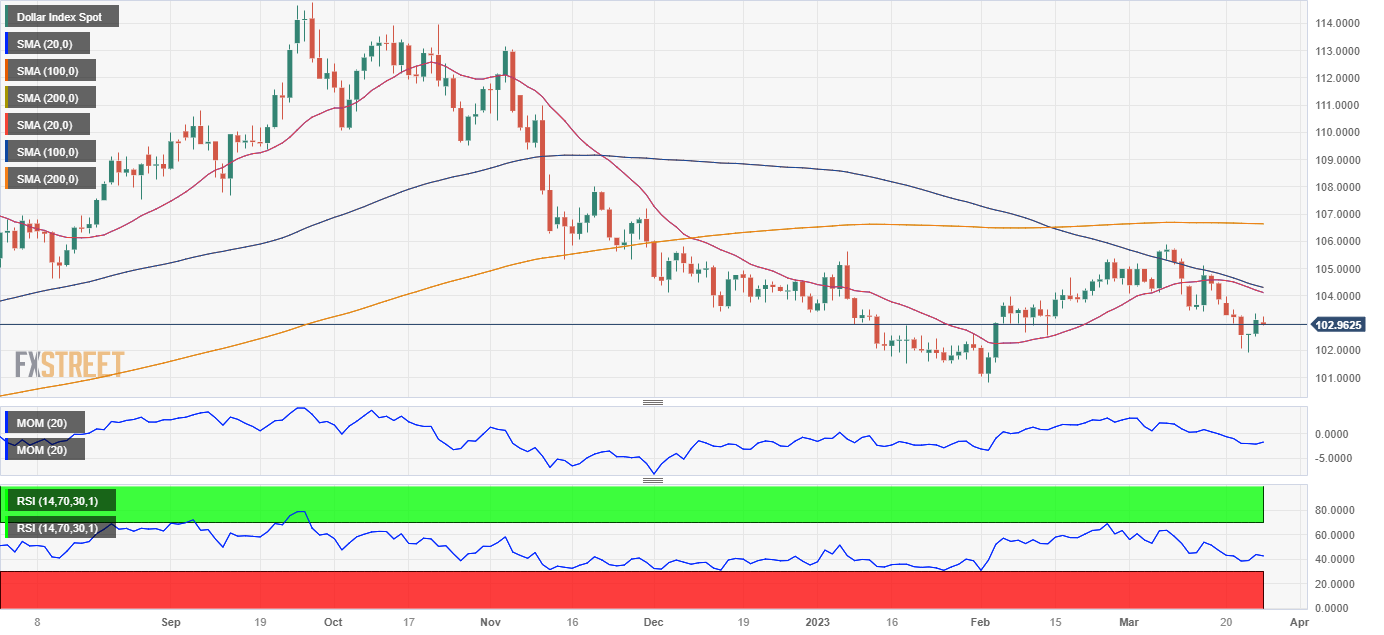
Information on these pages contains forward-looking statements that involve risks and uncertainties. Markets and instruments profiled on this page are for informational purposes only and should not in any way come across as a recommendation to buy or sell in these assets. You should do your own thorough research before making any investment decisions. FXStreet does not in any way guarantee that this information is free from mistakes, errors, or material misstatements. It also does not guarantee that this information is of a timely nature. Investing in Open Markets involves a great deal of risk, including the loss of all or a portion of your investment, as well as emotional distress. All risks, losses and costs associated with investing, including total loss of principal, are your responsibility. The views and opinions expressed in this article are those of the authors and do not necessarily reflect the official policy or position of FXStreet nor its advertisers. The author will not be held responsible for information that is found at the end of links posted on this page.
If not otherwise explicitly mentioned in the body of the article, at the time of writing, the author has no position in any stock mentioned in this article and no business relationship with any company mentioned. The author has not received compensation for writing this article, other than from FXStreet.
FXStreet and the author do not provide personalized recommendations. The author makes no representations as to the accuracy, completeness, or suitability of this information. FXStreet and the author will not be liable for any errors, omissions or any losses, injuries or damages arising from this information and its display or use. Errors and omissions excepted.
The author and FXStreet are not registered investment advisors and nothing in this article is intended to be investment advice.
Recommended Content
Editors’ Picks
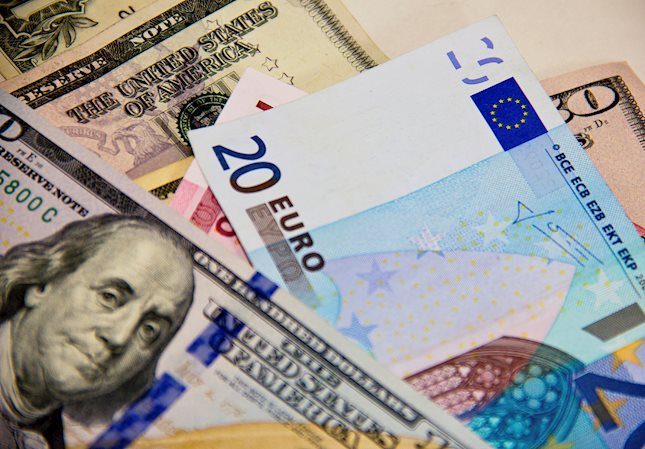
EUR/USD extends recovery beyond 1.0400 amid Wall Street's turnaround
EUR/USD extends its recovery beyond 1.0400, helped by the better performance of Wall Street and softer-than-anticipated United States PCE inflation. Profit-taking ahead of the winter holidays also takes its toll.
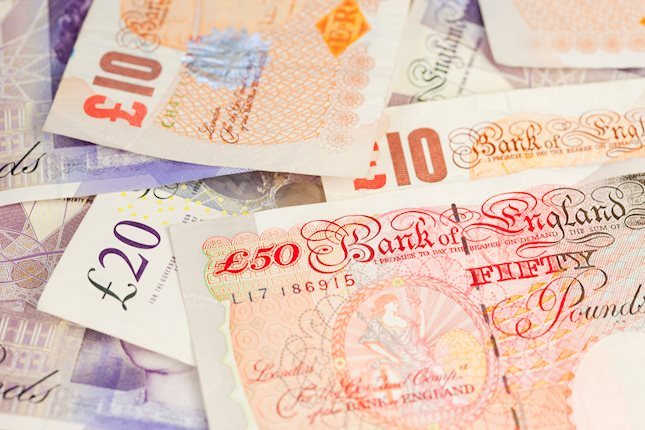
GBP/USD nears 1.2600 on renewed USD weakness
GBP/USD extends its rebound from multi-month lows and approaches 1.2600. The US Dollar stays on the back foot after softer-than-expected PCE inflation data, helping the pair edge higher. Nevertheless, GBP/USD remains on track to end the week in negative territory.

Gold rises above $2,620 as US yields edge lower
Gold extends its daily rebound and trades above $2,620 on Friday. The benchmark 10-year US Treasury bond yield declines toward 4.5% following the PCE inflation data for November, helping XAU/USD stretch higher in the American session.
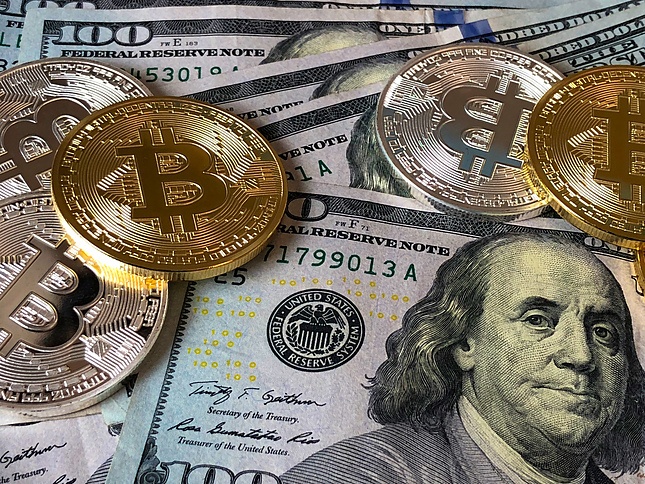
Bitcoin crashes to $96,000, altcoins bleed: Top trades for sidelined buyers
Bitcoin (BTC) slipped under the $100,000 milestone and touched the $96,000 level briefly on Friday, a sharp decline that has also hit hard prices of other altcoins and particularly meme coins.
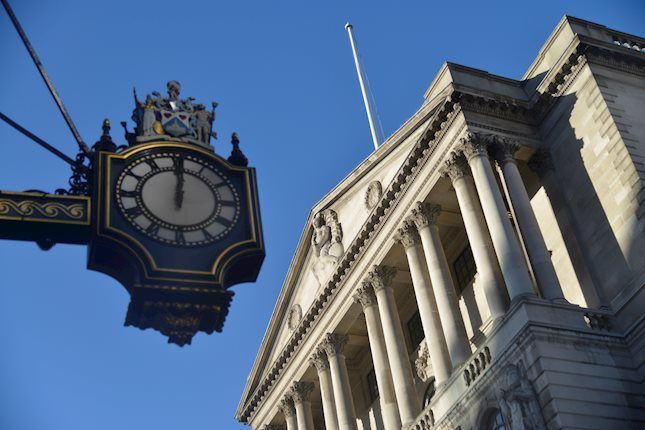
Bank of England stays on hold, but a dovish front is building
Bank of England rates were maintained at 4.75% today, in line with expectations. However, the 6-3 vote split sent a moderately dovish signal to markets, prompting some dovish repricing and a weaker pound. We remain more dovish than market pricing for 2025.

Best Forex Brokers with Low Spreads
VERIFIED Low spreads are crucial for reducing trading costs. Explore top Forex brokers offering competitive spreads and high leverage. Compare options for EUR/USD, GBP/USD, USD/JPY, and Gold.